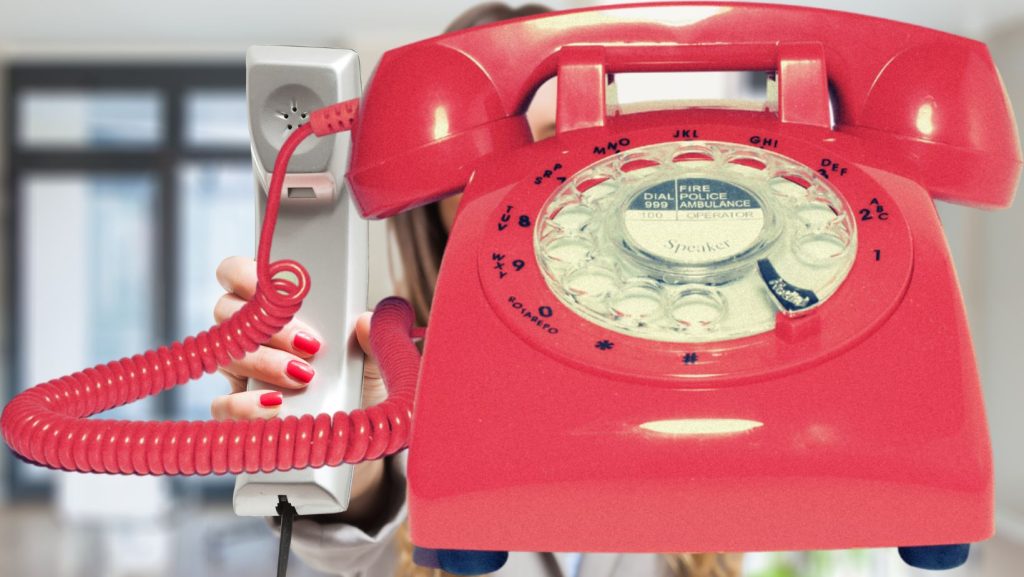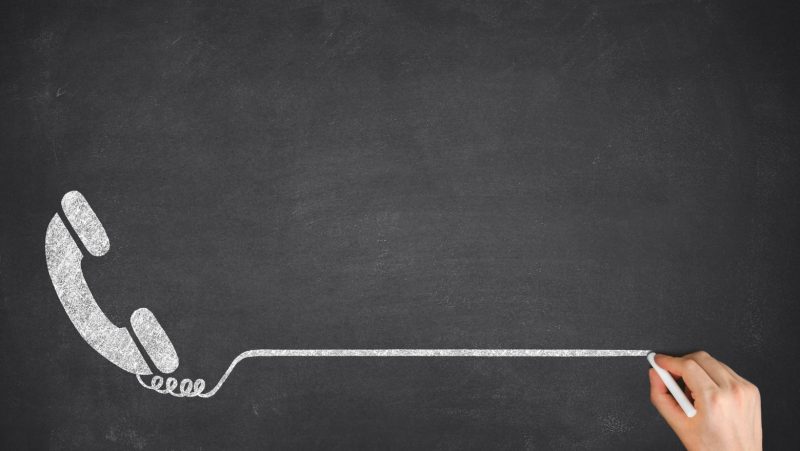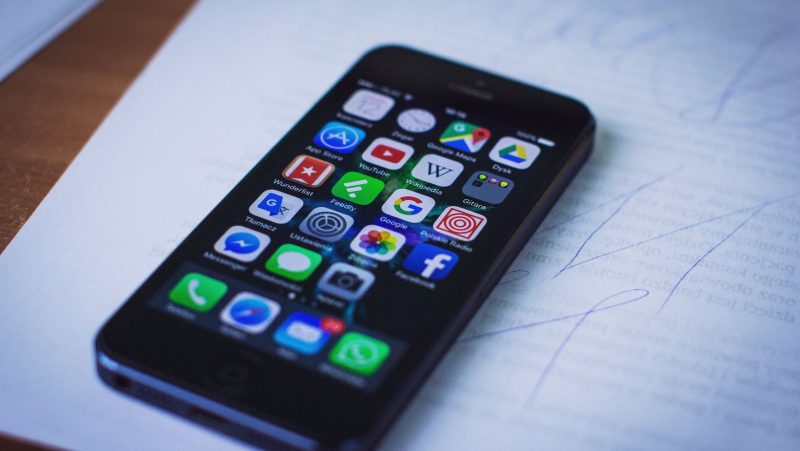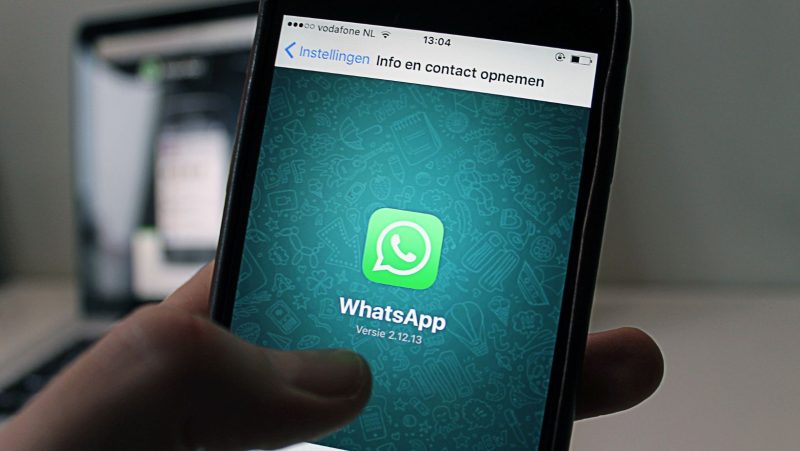
Finding a reliable source for No Hp Janda Yang Bisa Dihubungi has become an intriguing topic for many. This phrase, translating to “contactable widow’s phone number” in English, often surfaces in discussions online, reflecting a specific interest group’s need to connect with widowed individuals. It’s essential to approach this subject with sensitivity and respect, understanding the privacy concerns and emotional states of those involved.

In navigating through this unique aspect of digital communication, one must remember the importance of respectful engagement. Those looking for No Hp Janda Yang Bisa Dihubungi should prioritize empathy above curiosity or personal gain, creating meaningful connections that honor both parties’ dignity and boundaries.
No Hp Janda Yang Bisa Dihubungi

Delving into this topic reveals a broader societal trend where technology bridges gaps between different life stages and circumstances. It’s intriguing how mobile numbers or contact information can serve as gateways to new beginnings or simply provide a platform for conversation and support. The concept underscores the human need for connection—a universal desire that transcends cultural boundaries.
Statistics on this specific subject might be scarce but examining the surrounding context sheds light on its relevance. For instance:
- Increased smartphone adoption globally has made communication more accessible than ever.
- Social media platforms have evolved into spaces where people seek and establish connections beyond their immediate social circles.
- The rise of specialized dating and networking sites caters to diverse groups, including those widowed or seeking companionship after significant life changes.
These trends suggest that searching for No Hp Janda Yang Bisa Dihubungi is part of a larger movement towards using technology to fulfill emotional needs and desires. Stories abound within communities about individuals who’ve found solace, friendship, or love through such searches—each narrative adding a layer of depth to our understanding of human connectivity in the digital era.
Understanding the Phenomenon
 What is a No Hp Janda Yang Bisa Dihubungi?
What is a No Hp Janda Yang Bisa Dihubungi?
The term No Hp Janda Yang Bisa Dihubungi translates to “contactable widow’s phone number” in English. It references a societal trend where individuals seek out the contact information of widowed women for various reasons, ranging from companionship to potential romantic interest. This phenomenon has gained traction in certain communities, fueled by both curiosity and specific personal desires.

Statistics on this trend are hard to come by due to its informal nature and the privacy concerns involved. However, anecdotal evidence suggests that numerous individuals actively look for these contacts, participating in online forums and social media groups dedicated to this purpose.
Common Misconceptions

- It’s solely based on romantic or matrimonial intentions: While some pursue these contacts with romance in mind, others seek friendship or empathy from someone who understands the grief of losing a partner.
- It’s exploitative: There’s a stigma that people looking for contact numbers of widows might have predatory motives. This isn’t always true as many approach their search respectfully, seeking genuine connections.
- Widows are uniformly interested in remarrying: Not every widow is looking for another relationship immediately—or at all. Their willingness to be contacted varies significantly based on individual circumstances and personal readiness.

Risks and Precautions
Potential Risks of Contacting no hp janda yang bisa dihubungi

Another significant risk involves cyber harassment. Engaging in conversations with unknown contacts can escalate into situations where one becomes a target of continuous unsolicited messages or calls. These interactions might not only be distressing but also difficult to disengage from.
Moreover, there’s the potential for encountering misleading information or catfishing – where individuals pretend to be someone they’re not. Such encounters can result in emotional distress and a sense of betrayal upon discovering the truth.
Precautions to Take

- Verify Identities: Before diving deep into any form of relationship or conversation, try verifying the individual’s identity through multiple sources or platforms. This step could involve reverse image searches or checking other social media accounts.
- Protect Personal Information: Be cautious about sharing sensitive personal details such as home addresses, financial information, or even full names until a substantial level of trust is established.
- Use Secure Platforms: Opt for communication through secure and reputable platforms that offer privacy controls and reporting mechanisms for users who might engage in inappropriate behavior.
- Set Boundaries Early On: It’s crucial to establish clear boundaries regarding what type of communication is acceptable and when it should occur. Doing so helps manage expectations and reduces the likelihood of discomfort.
- Stay Alert for Red Flags: Warning signs such as requests for money, inconsistent stories, or excessive pressure to meet in person should not be ignored. They often indicate that something is amiss.
Adopting these strategies does not guarantee complete safety but significantly reduces the chances of negative experiences associated with contacting No Hp Janda Yang Bisa Dihubungi. Vigilance and discretion remain key in navigating online interactions safely.
Legal Implications
Laws and Regulations

In many countries, legislation like the General Data Protection Regulation (GDPR) in Europe or similar privacy protection regulations in other parts of the world, set stringent rules on how personal information can be collected, shared, and utilized. These laws aim to protect individuals’ privacy rights and ensure their data is not misused.
- Consent is KEY: Individuals must give clear consent for their personal data to be used or shared. This means that collecting or distributing phone numbers without explicit permission could result in legal consequences.
- Purpose Limitation: Personal data should only be used for the purpose it was collected for. If someone’s phone number is obtained under one pretext but used for another without their permission, it might violate privacy laws.
- Data Minimization: Only collect what’s absolutely necessary. Gathering extensive details without a legitimate reason can lead to legal issues.

- Fines and Penalties: Entities found guilty of violating privacy regulations may face significant fines. For example, GDPR violations can result in penalties up to €20 million or 4% of the annual global turnover.
- Reputational Damage: Organizations or individuals who misuse personal data might suffer from severe reputational damage, impacting future interactions and trustworthiness.
- Legal Actions: Affected parties have the right to take legal action against those who unlawfully access or distribute their personal information. This could involve lawsuits and compensation claims.

Respecting these legal frameworks not only protects one from potential litigation but also upholds the respect and dignity of all involved parties.

 What is a No Hp Janda Yang Bisa Dihubungi?
What is a No Hp Janda Yang Bisa Dihubungi?










